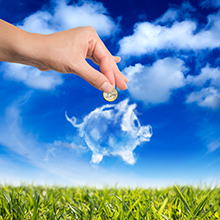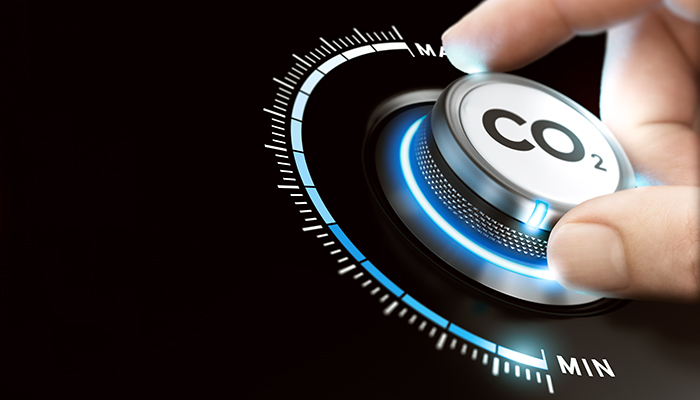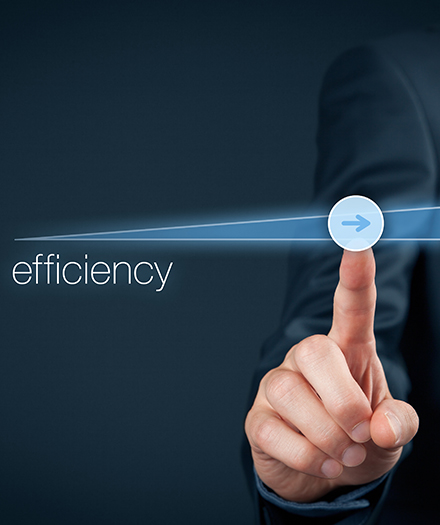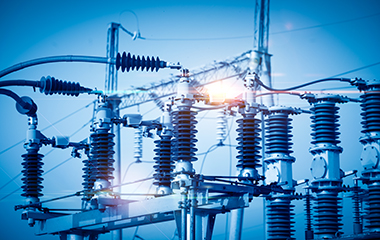In harmony with
Nature and environment
We are aware of the effects of our actions on nature and the environment. It is our concern to bring nature, the environment and sustainable economic activity into harmony. It goes without saying that we treat nature and creation with care and consideration.
Sustainability and environmental protection have a living tradition with us. As early as 20 years ago, we began to introduce high standards, especially in the areas of environment, quality and occupational safety, at our Osnabrück site. Today, we are playing a major role in the paper mill of the future – and with it the vision of climate-neutral paper production.
Waste prevention
We avoid waste whenever and wherever possible. The best way to avoid larger units of waste is to keep material losses as low as possible. This is achieved by constantly optimising production and minimising the amount of waste.
Recycling
In order to conserve resources and reuse or professionally dispose of residual materials, the company Meltorec was founded as early as 1979. Its main task is to recycle secondary raw materials that arise during production. Resources are returned to the material cycles. Residual materials and rejects are turned back into valuable materials thanks to Meltorec's know-how. Meltorec also supports its customers in overcoming technical challenges in recycling materials. In doing so, it can draw on the full expertise of Felix Schoeller's R&D department.








